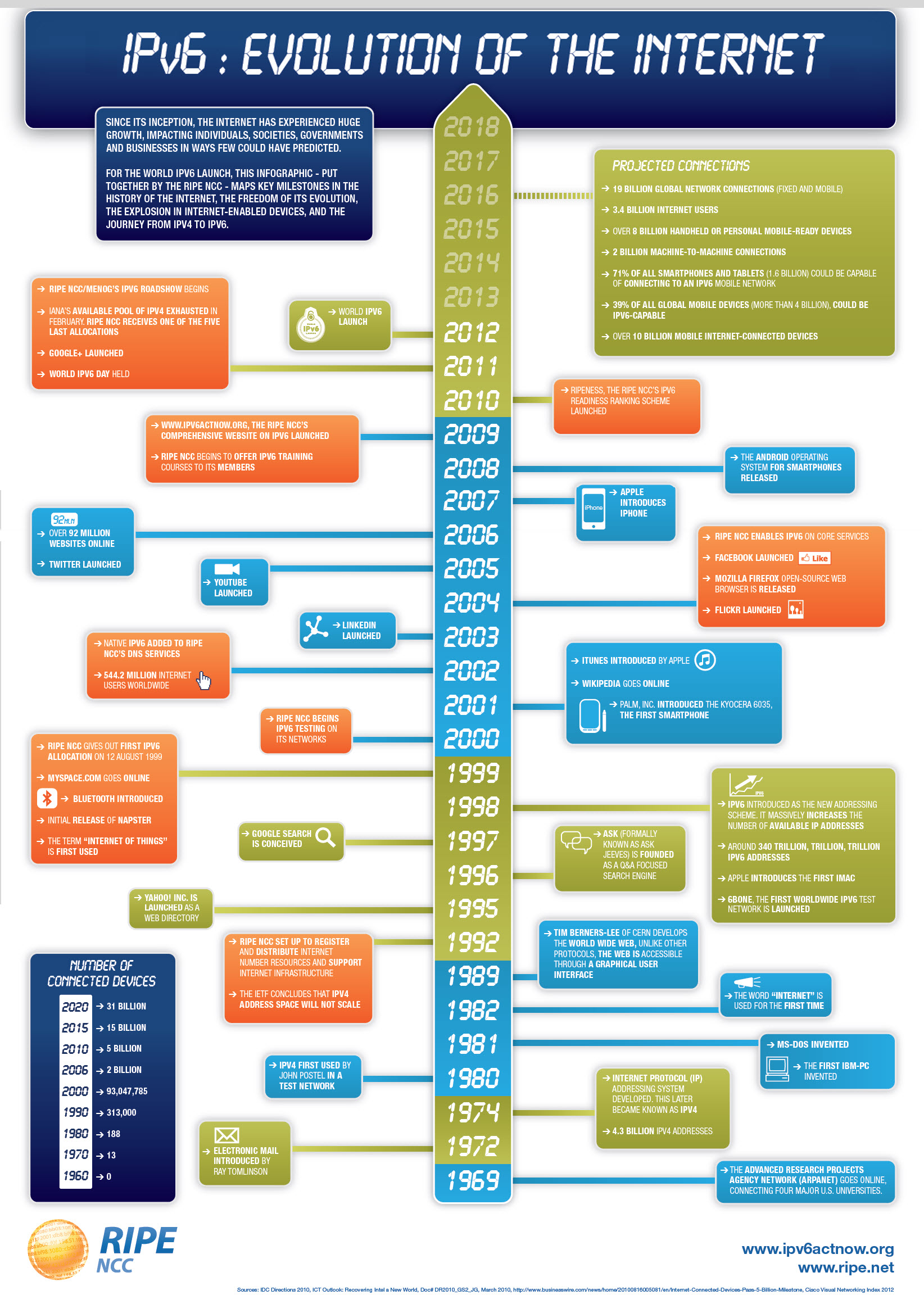 |
| If the whole world had the same proportion of overweight and obese people as America, its biomass would rise by 20%, says the Economist. |
I am sure you will like this collection of Sunday reads.
- Indian Dalits' suffering laid bare by photographer. (BBC) Also read how Dalits are still fighting untouchability.
- A Pakistani newspaper focuses on what the self-styled secular Indian media never will: the rights of the minority Hindu women in a Muslim country like Bangladesh. (Dawn)
- What is the Muslim Brotherhood? (CNN) Also check out the brief biography of the U.S.-educated Islamist president of Egypt.
- Endgame Pakistan? Brilliant piece by Khaled Ahmed on how Pakistan is wilting under judicial and political onslaught. (The Friday Times)








